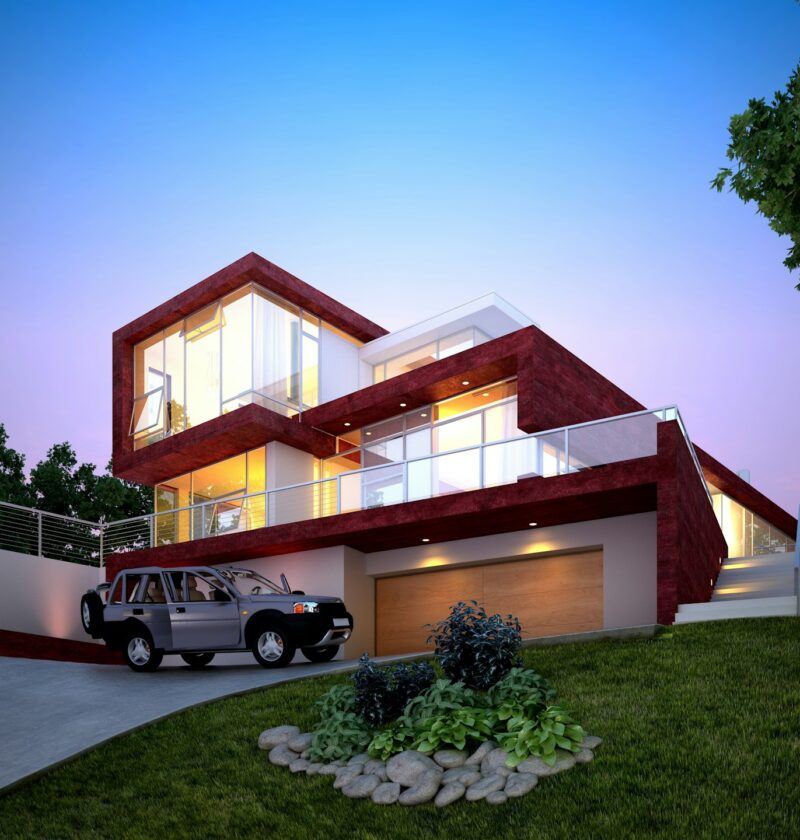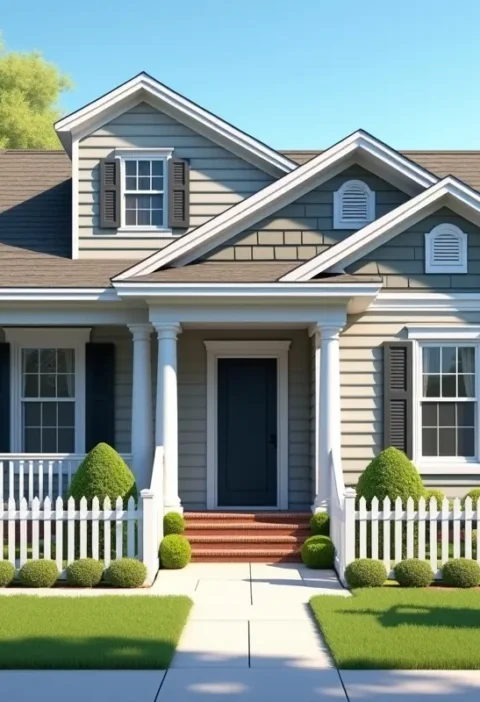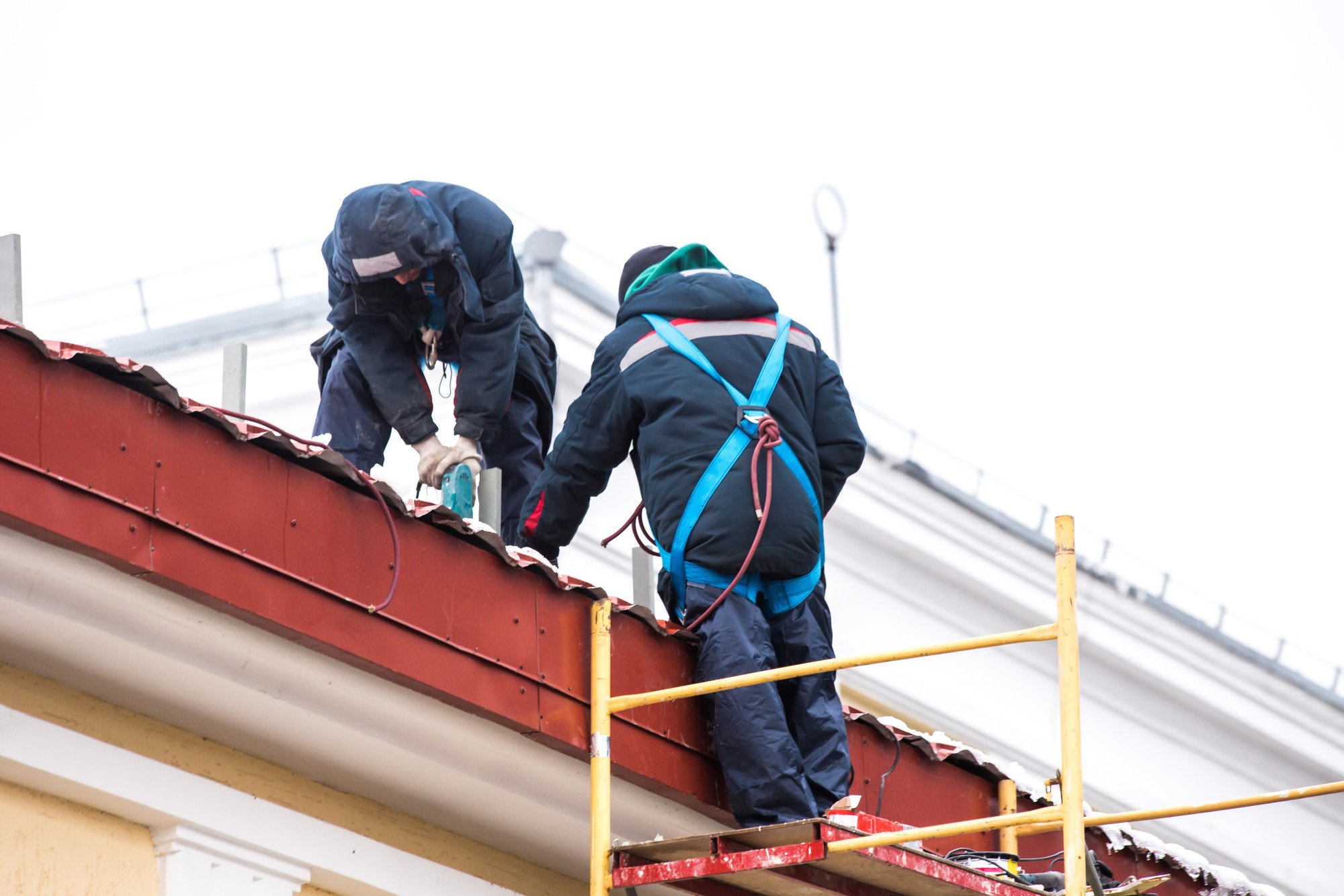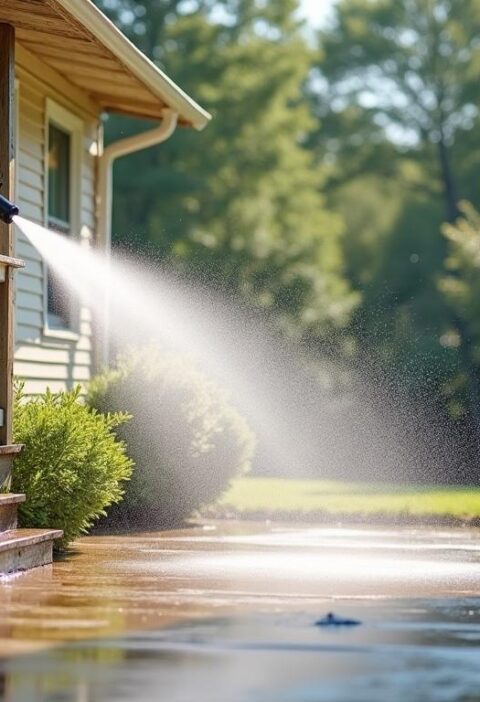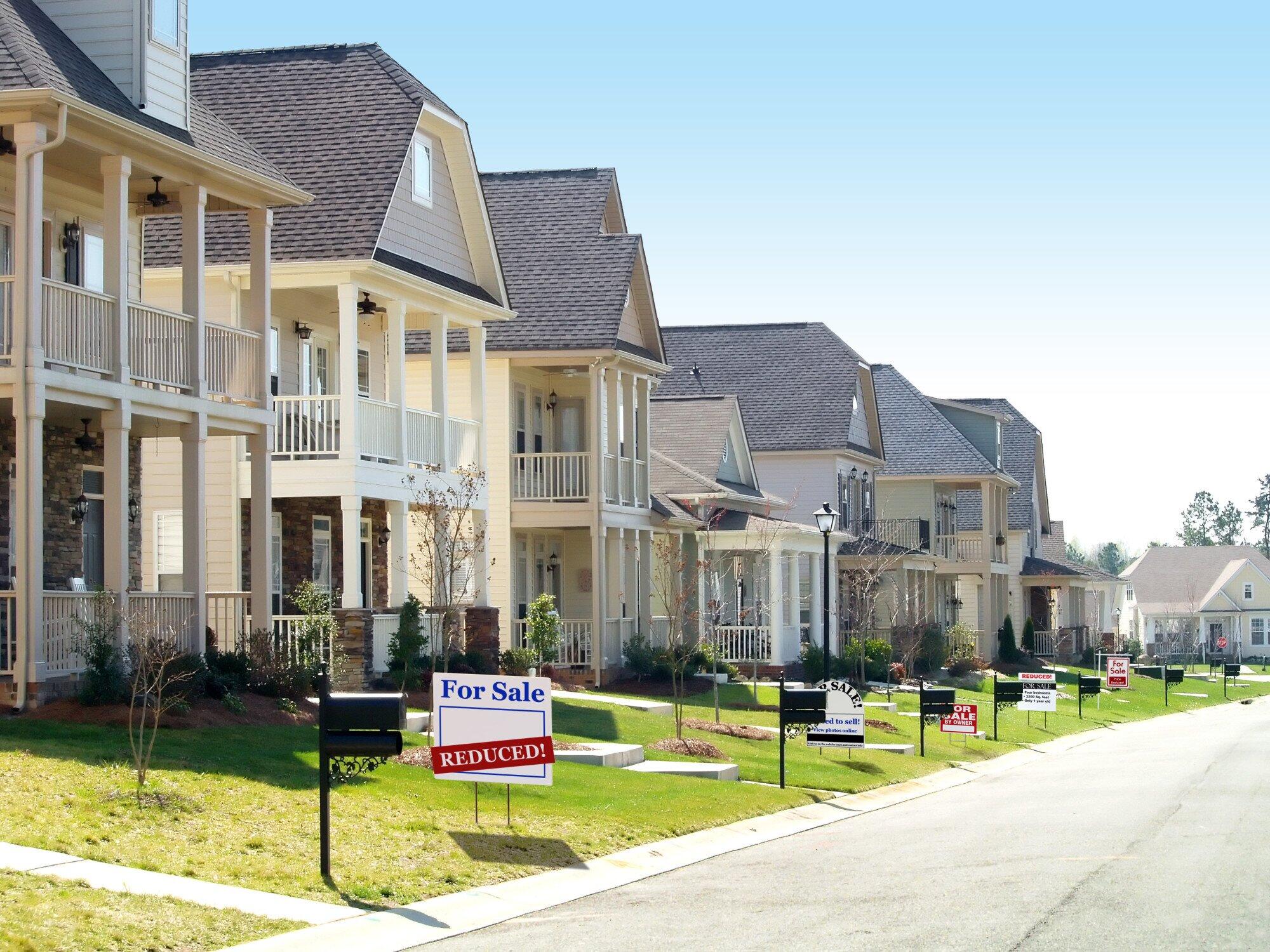Your garage door is more than just an entryway for your vehicle; it’s a crucial component of your home’s security and curb appeal. Like any other part of your house, it needs regular maintenance to stay in good working order. Ignoring small issues can lead to larger, more costly problems down the road. Here are seven signs that you might need to contact a garage door repair company.
1. Slow Response Time – Delayed Reaction
If your garage door hesitates or takes longer than usual to open or close, this could indicate a problem. A garage door should respond to the command within a second or two after you press the opener. If there’s a noticeable delay, it might be due to the following:
- Worn-out parts – Over time, components like springs, rollers, and tracks can wear out and need replacement.
- Poor lubrication – Lack of lubrication can cause friction, making the door operate slower than normal.
- Electrical issues – Problems with the opener’s motor or wiring might be causing a delay.
2. Noisy Operation – Unusual Sounds
While some noise is normal, particularly with older models, a sudden increase in volume or new, unusual sounds like grinding, squeaking, or rattling can be a red flag. Different noises can indicate different issues:
- Grinding – This might mean there’s debris in the tracks or a problem with the rollers.
- Squeaking – Often a sign that parts need lubrication.
- Rattling – Could indicate loose hardware or components that need tightening or replacement.
3. Sagging Door Sections – Uneven Appearance
When your garage door is closed, it should appear level. If you notice that certain sections are sagging or the door looks uneven, it’s time to take action. This could be due to:
- Worn-out springs – Springs help balance the door, and worn-out ones can cause sagging.
- Structural damage – Damage to the door panels or frame can lead to an uneven appearance.
- Misaligned tracks – Tracks need to be properly aligned to ensure smooth operation.
4. Difficulty Opening or Closing – Struggling Mechanism
A garage door that struggles to open or close completely is a clear sign that something is amiss. You might find that the door gets stuck midway or doesn’t move at all. Potential causes include:
- Broken springs – Springs do most of the heavy lifting, and if one is broken, the door won’t function properly.
- Obstructed tracks – Debris or damage in the tracks can hinder the door’s movement.
- Faulty opener – The opener might be malfunctioning or nearing the end of its life.
5. Frequent Reversing – Unexpected Movement
If your garage door starts to close but then reverses direction unexpectedly, it’s not only frustrating but also a potential safety hazard. This could be caused by:
- Sensor issues – Modern garage doors have sensors that detect obstacles. Dirt, misalignment, or damage can cause malfunction.
- Spring problems – If the springs are not calibrated correctly, they can cause the door to reverse.
- Opener settings – The force setting on the opener might need adjustment.
6. Visible Damage – Dents and Scratches
Physical damage to your garage door is often easy to spot. Dents, scratches, and rust are not just cosmetic issues; they can also affect the door’s functionality. Causes of damage include:
- Accidents – A vehicle bumping into the door or harsh weather conditions.
- Wear and tear – Over time, regular use can cause wear and tear on the door panels and other components.
- Poor maintenance – Lack of regular upkeep can lead to rust and other damage.
7. High Energy Bills – Increased Costs
A poorly functioning garage door can also impact your home’s energy efficiency. If you notice an unexplained increase in your energy bills, your garage door might be the culprit. This can happen due to:
- Gaps and cracks – These can let in outside air, making your HVAC system work harder.
- Lack of insulation – Older or damaged doors might not be properly insulated.
- Worn weather stripping – This can allow drafts and affect temperature control.
Preventative Measures and Maintenance Tips
Regular maintenance can help you avoid many of these issues and extend the life of your garage door. Here are some tips:
- Lubricate moving parts – Regularly lubricate springs, rollers, and tracks to ensure smooth operation.
- Inspect and tighten hardware – Check and tighten all bolts and screws to prevent rattling and ensure stability.
- Test the balance – Disconnect the opener and manually check if the door stays open halfway. If it doesn’t, the springs might need adjustment.
- Clean the tracks – Keep the tracks free of debris and dirt.
- Check the weather stripping – Replace worn weather stripping to maintain energy efficiency.
When to Call a Professional
While some maintenance tasks can be done yourself, there are times when calling a professional is the best course of action. Here are a few situations where you should definitely seek expert help:
- Broken springs – Replacing garage door springs can be dangerous and should be done by a professional.
- Major damage – If there’s significant structural damage to your door, a professional can assess and repair it safely.
- Electrical issues – Problems with the opener or sensors should be handled by someone with electrical knowledge.
Final Thoughts
Keeping an eye out for these seven signs can help you catch potential problems early, saving you time and money in the long run. Regular maintenance and prompt repairs not only ensure the smooth operation of your garage door but also enhance the safety and security of your home. So, don’t wait until a small issue becomes a major headache. Take action at the first sign of trouble and enjoy peace of mind knowing your garage door is in top shape.

